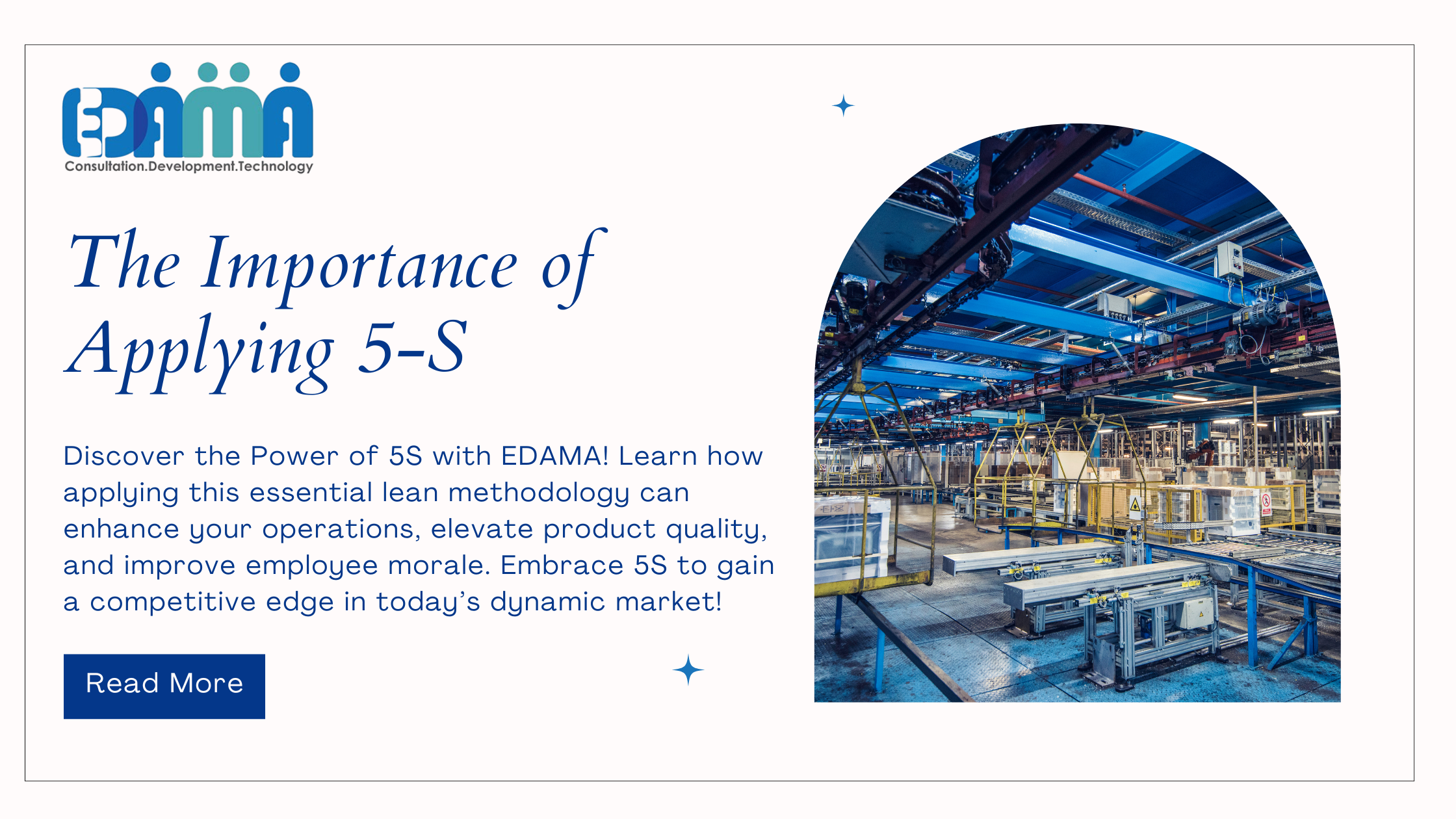Introduction
Gig economies are transforming more than just work; they are reshaping whole industries. This trend towards contract work, independent work, and more flexibility isn’t just here for the moment; it’s the way of the future. Through my experience as a business consultant, adopting a gig economy perspective has been crucial to offering customers innovative, useful insights.
Flexibility in Consulting
Gaining an understanding of the gig economy entails delving deeply into current workforce trends. No longer are businesses searching for strict, one-size-fits-all solutions. They seek flexibility, cost savings, and access to a network of independent contractors who are able to provide specialized expertise when required. This has changed the way I go about consulting. I no longer only give conventional advice; instead, I now consider how clients may use contract work while remaining flexible and competitive.
For instance, handling varying demand or rapidly increasing operations are difficulties for many of the businesses I encountered. The gig economy offers an alternative by allowing employers to use freelancers for one-time projects or busy times of the year without having to commit to full-time employment. Because of this flexibility, companies can run more efficiently and adjust to changing circumstances more quickly
The Gig Economy Mindset
But it’s not just about advising clients; the gig economy mindset has also influenced how I work within my consulting role. I’ve had to adapt and become more fluid in my approach. No two projects are the same, and similar to the gig economy, I frequently have to manage several tasks at once, each with its own set of requirements and constrained timelines. This on-demand, project-based nature of consulting mirrors the independent work model, enabling me to approach each problem from a different angle.
Additionally, embracing the flexibility of the gig economy at work makes it more interesting and dynamic. “Agileness” is now a vital skill in my consulting toolbox, whether it’s for swiftly adjusting plans when a client’s objectives change or meeting deadlines for a challenging project. I no longer regard consulting as a set procedure; rather, I see it as a dynamic sequence of assignments that require continuous modification, much like contract work

Conclusion
There are a lot of similarities between gig work and consulting. Both call for project-based work, an emphasis on providing specialized knowledge, and the requirement to keep up with the most recent developments in the labor market. I’ve discovered that by accepting these similarities, I’m able to better understand my clients’ demands.
All things considered; the gig economy has taught me that mindset is more important for consulting success than mere expertise. It’s important to realize that workplace flexibility is an effective tactic that can change how companies run and how consultants provide value, not just a trendy term. Adopting a gig economy perspective enables us to be more creative, adaptable, and ultimately more successful in helping our clients navigate the dynamic business environment of today.





